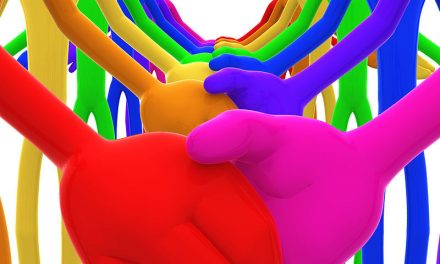Is 6:1-2a, 3-8
Ps 138:1-2, 2-3, 4-5, 7-8
1 Cor 15:1-11 or 15:3-8, 11
Lk 5:1-11
My daughter just turned one last Sunday. I cannot help but marvel at the little girl she has become in the last year. She is walking, talking, willful, curious and courageous. When I look at her, I am filled with gratitude. She is a precious gift from God. Try as I might, I could have never dreamed up a better daughter. I am also filled with humility. Though I have worked hard to provide for her (and I have never worked harder than I have worked this past year) she is not my doing. She is a gift and a task.
Our readings this week show us how discipleship too is a gift and task. The calling that we receive from God (the broad meaning of “vocation”) is God’s doing, not ours. It is not something we deserve or merit, but rather a gift freely given. We hear this idea expressed in several different ways. The prophet Isaiah encounters God seated on his throne and cries “Woe is me, I am doomed, for I am a man of unclean lips . . . yet my eyes have seen the King, the LORD of hosts!” After he is cleansed, he hears the voice of God calling him saying “Whom shall I send? Who will go for us?” Isaiah is given both the gift and the task of God’s call.
The apostle Paul is also explicit that his calling is both an unmerited gift and a task.
For I am the least of the apostles,
not fit to be called an apostle,
because I persecuted the church of God.
But by the grace of God I am what I am,
and his grace to me has not been ineffective.
Indeed, I have toiled harder than all of them;
not I, however, but the grace of God that is with me.
Therefore, whether it be I or they,
so we preach and so you believed.
This theme of discipleship as both a gift and a task is expressed even more beautifully in the gospel. The disciples have been fishing all night. They have been working hard. But then Jesus comes and tells them to lower the nets and they catch so many fish that their nets are tearing. You imagine them straining as they lug this enormous catch into the boat. Peter is the one to get what is happening here: “I can’t do this,” he must be thinking. “This task is too big for me.” Peter is right and wrong. The task is too big for him. But he can do it.
To be invited into the covenantal relationship we call discipleship is the greatest of gifts (with parenthood only second, in my opinion), but it is not a gift that we can just receive and call it a day. This covenantal relationship will require that we work harder than we have ever worked for an end that is ultimately not our own. As such, the Christian always lives in this place of tension, recognizing that works of justice and charity are absolutely integral to the life of discipleship, but with the knowledge that works of justice and charity never merit our call as disciples nor do they merit the kingdom we inherit as disciples. The Christian lives in the tension recognizing that by grace alone we are justified (as by grace Isaiah is cleansed of his sin so he can stand before God’s throne), but justification inspires the labor that will continue for the rest of the time we are here on earth.
In recognizing that discipleship is a gift and a task, the response requires both praise and moral activity. With regards to the latter, we have a mission to help build up God’s kingdom on this earth, but with regards to the former, he have a responsibility to give thanks to God for the gift of our calling. The very structure of the mass reflects this twofold response: in offering God thanksgiving and sacrifice in the Eucharist, we are nourished and strengthened to go bring that grace we receive into the world. When the priest say “Go, the mass is finished,” he is sending us forth not to our own private and separate lives, but on the road of the disciple called to bring the good news, heal the sick, have mercy on the marginalized, and pity on the sinner. We receive the gift of God’s grace in the mass, but a gift that impels us to labor for the sake of the gift. In the end we remember with the psalmist that the Lord will not forsake the work of HIS hands.



